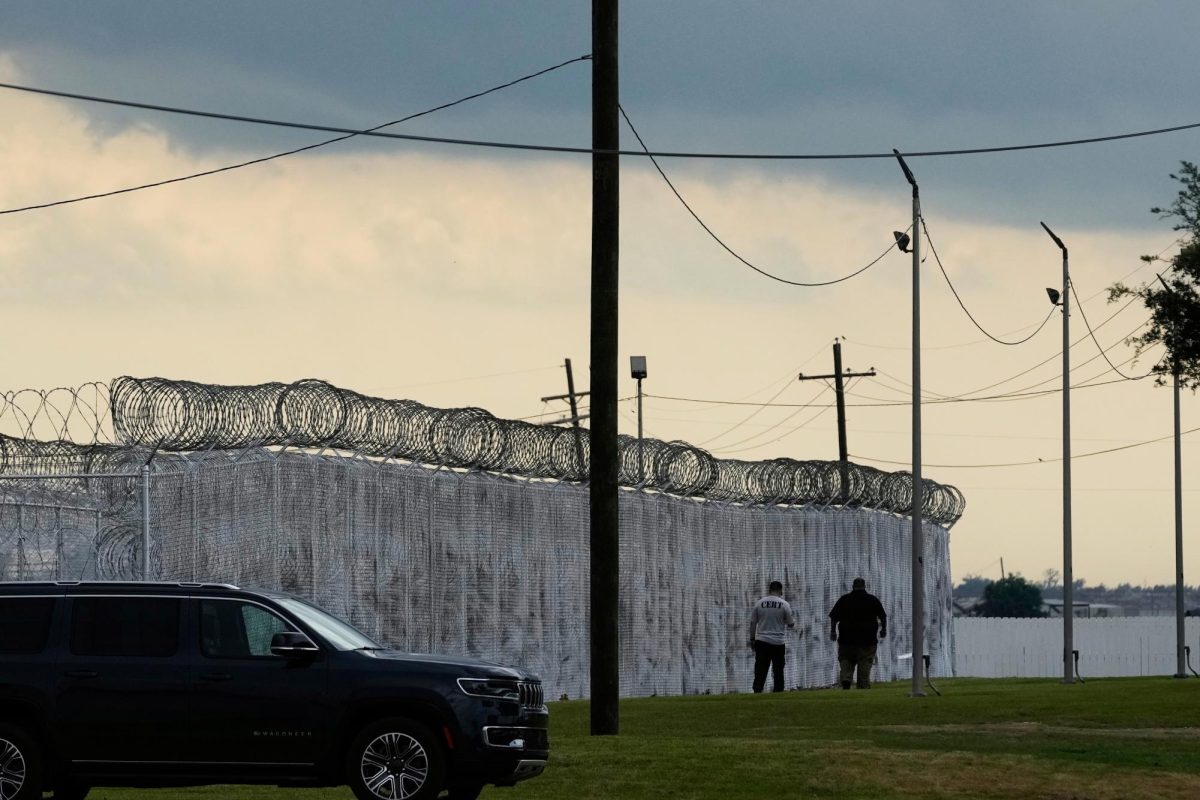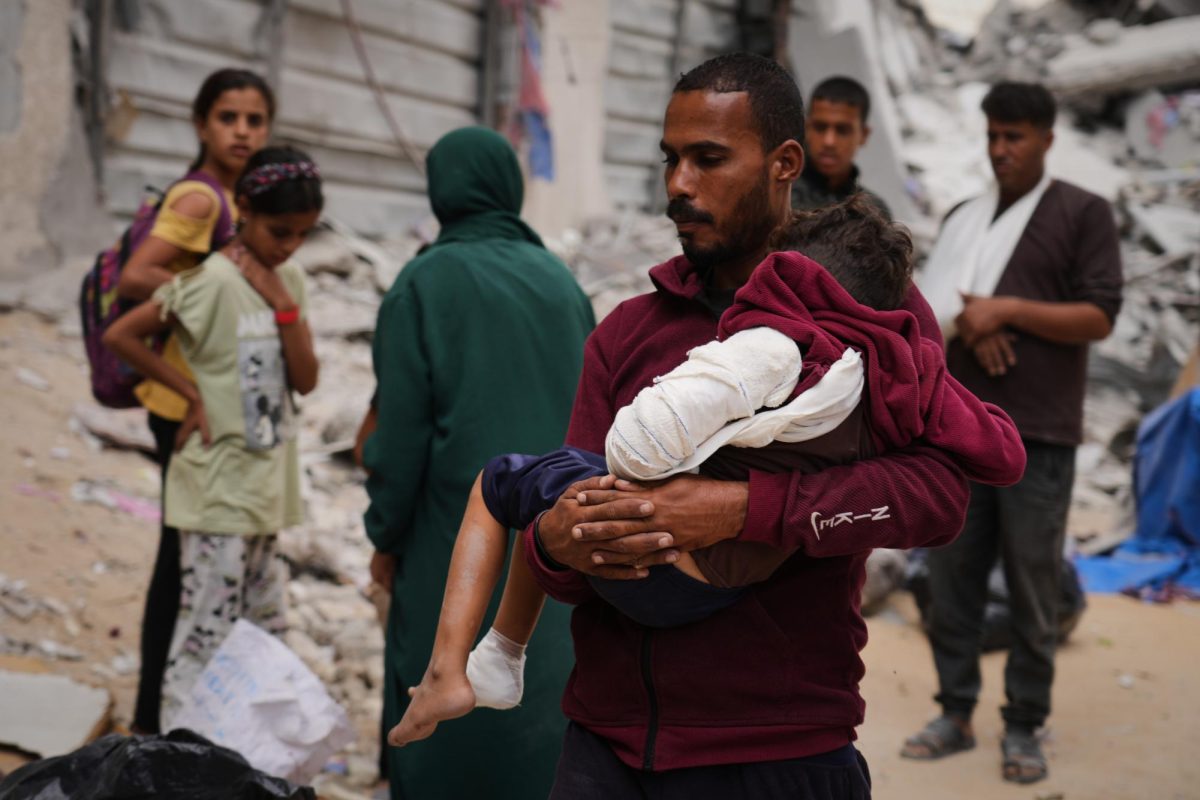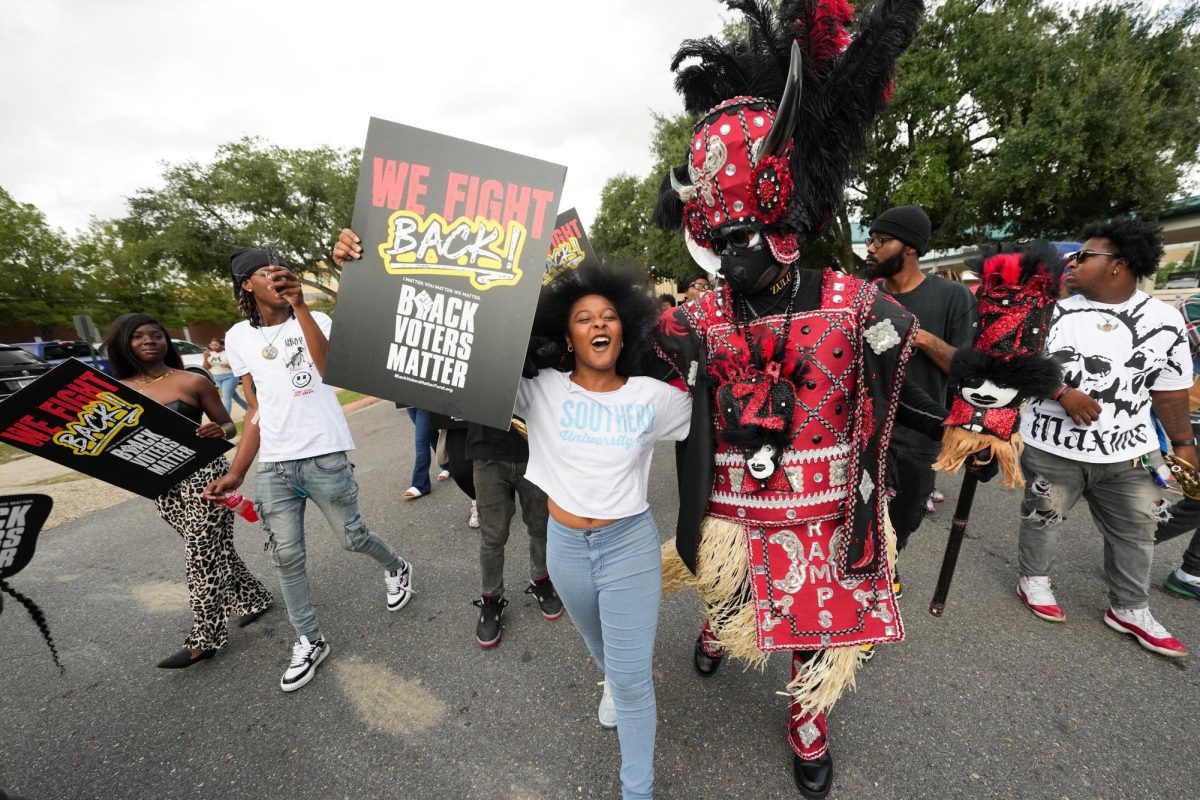The director of the Respect Life Office for the Archdiocese of New Orleans addressed chief human concerns of the ecclesiastical community in a live-streamed online seminar titled “Respect Life: Our Archdiocesan Approach.”
“You have to educate yourself on the theology of the body, which is difficult to do in secular society,” Debbie Shinskie, director of the Respect Life Office for the Archdiocese in New Orleans said.
Shinskie defined what topics the United States Conference of Catholic Bishops see as focal points for educating the clergy.
“Euthanasia, human cloning, human trafficking, post-abortion healing, stem cell research and violence are issues that need to be talked about within the community and through this series,” Shinskie said.
Participants asked questions in real time, focusing the discussion on the problematic rise of the sex trade within New Orleans and Louisiana at large.
Shinskie maintained that sex trafficking largely goes unreported by media in the Greater New Orleans area, although it’s become a hotspot for it within the southern United States.
“New Orleans provides an opportune destination for human trafficking. The festivals, nightlife and cultural ties proliferate an environment where sex trade can thrive,” Shinskie said.
One anonymous webinar participant asked to identify what aspects of Louisiana culture foster sexual slavery, which Shinskie answered head-on.
“Oppressive phrases like ‘boys will be boys’ and ‘people need to sew their wild oats’ are breeding grounds for sex trafficking. The pornography industry also provides cover for sexual traffickers under the guise of informal employment,” Shinskie said.
Shinskie mentioned that the Respect for Life topic for the month of January is post-abortion healing, and used that angle to discuss a social reason for illicit sex trade.
“Abortion is legal in Louisiana, and is linked to sex trade throughout the state. Traffickers will force their captives to have an abortion if they become pregnant, allowing them to continue being abused and transported,” Shinskie said.
The next broadcast in the webinar series, titled “Restoring Hope for Victims of Human Trafficking” will further the discussion of this first installment on Feb. 6, 2017.








